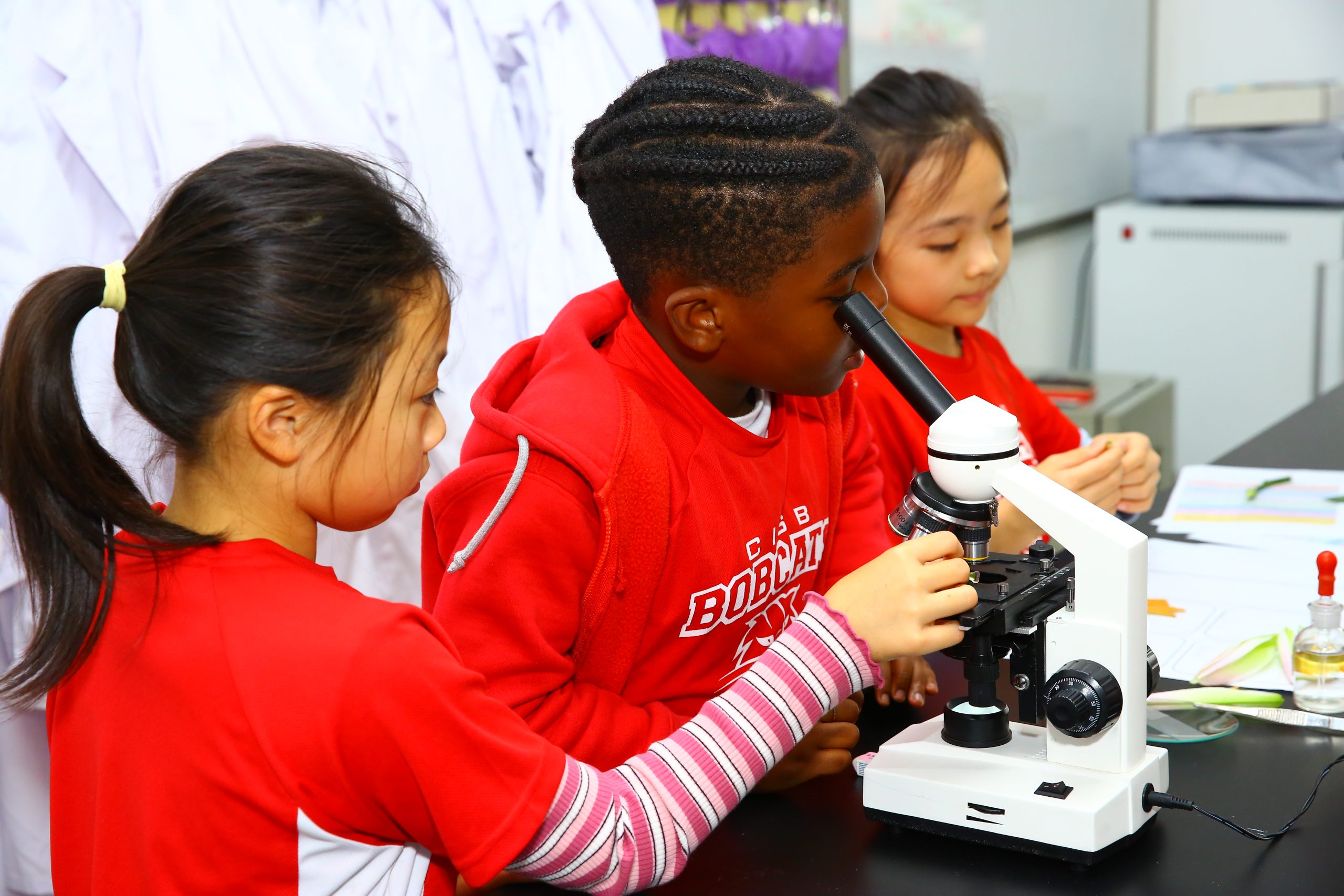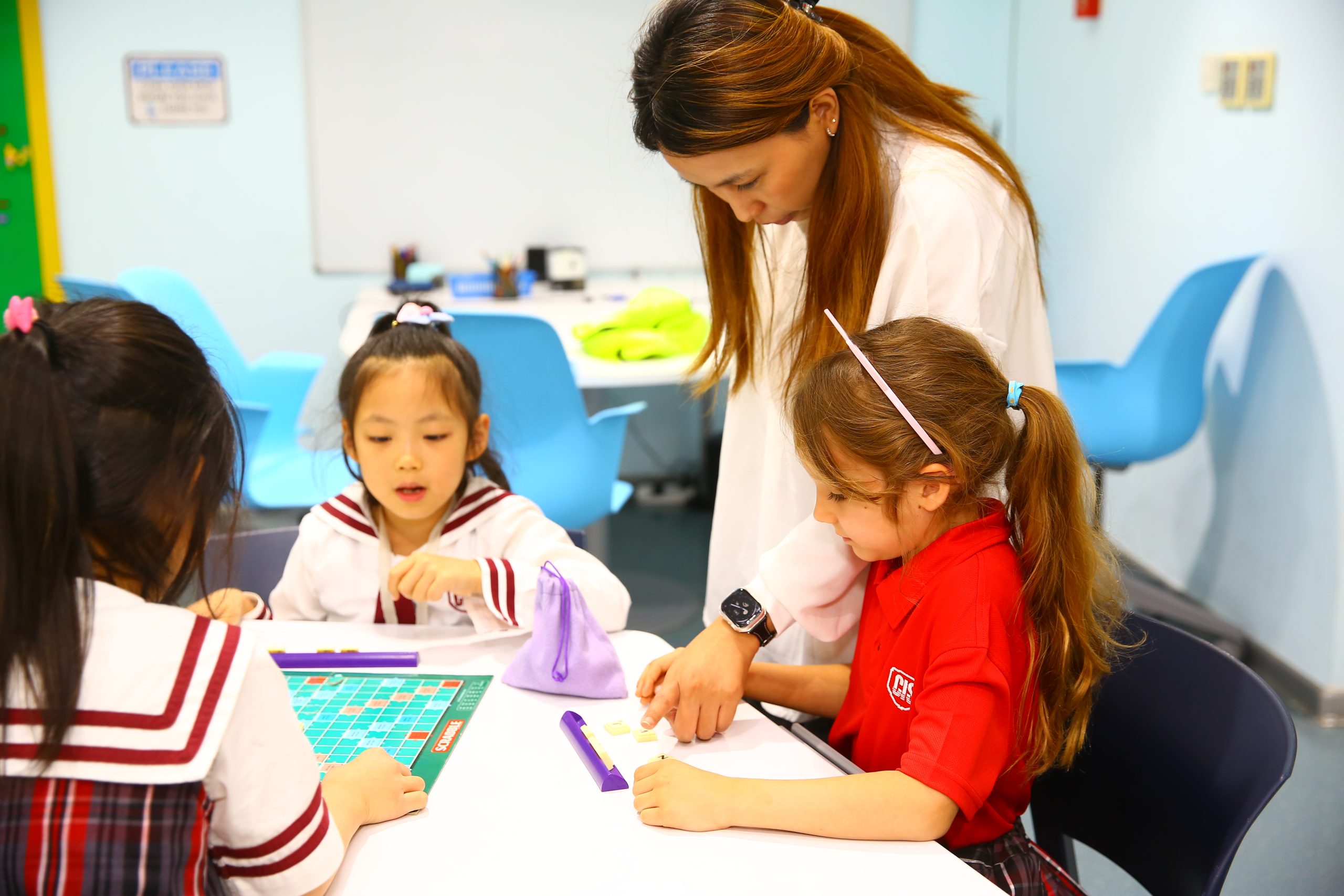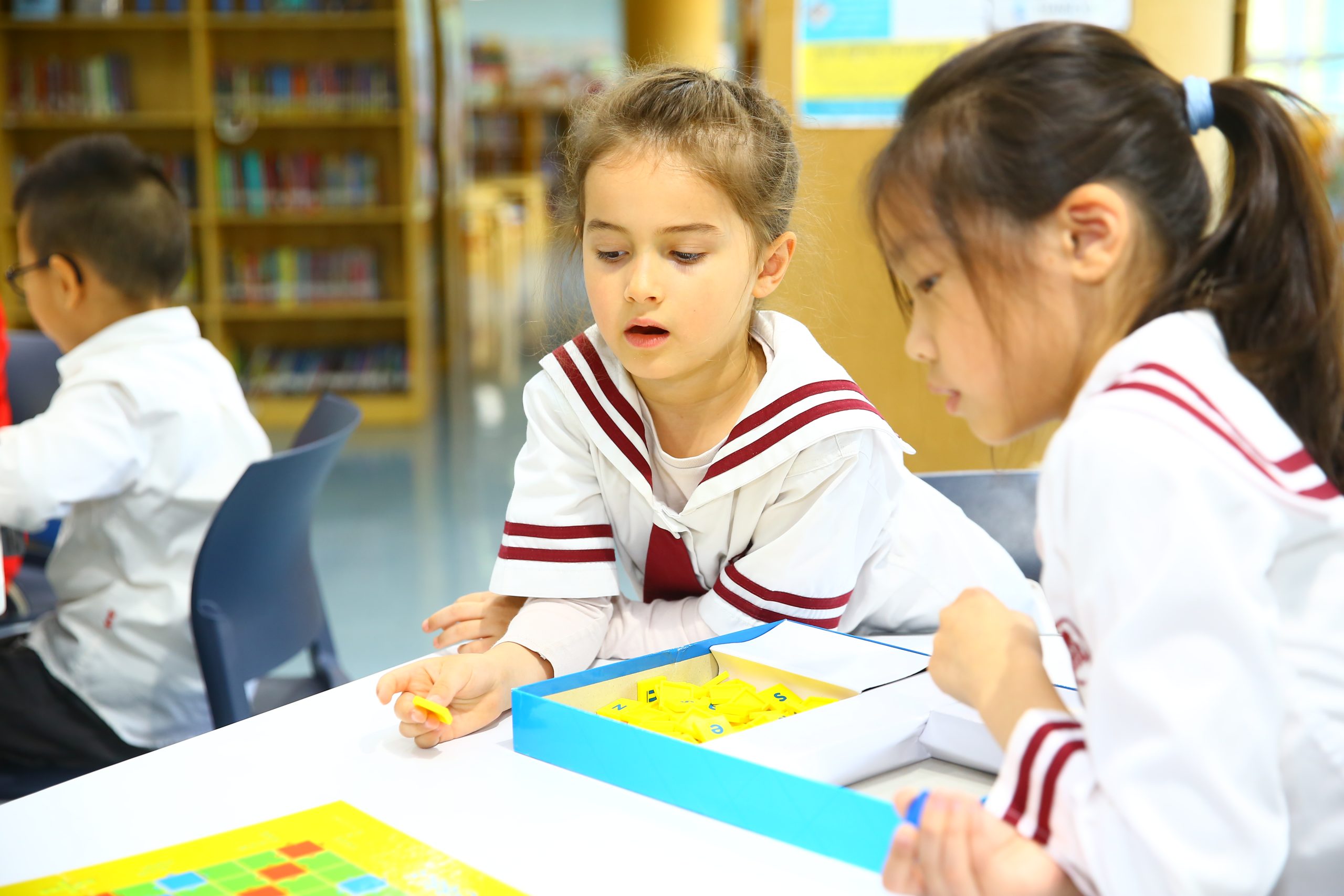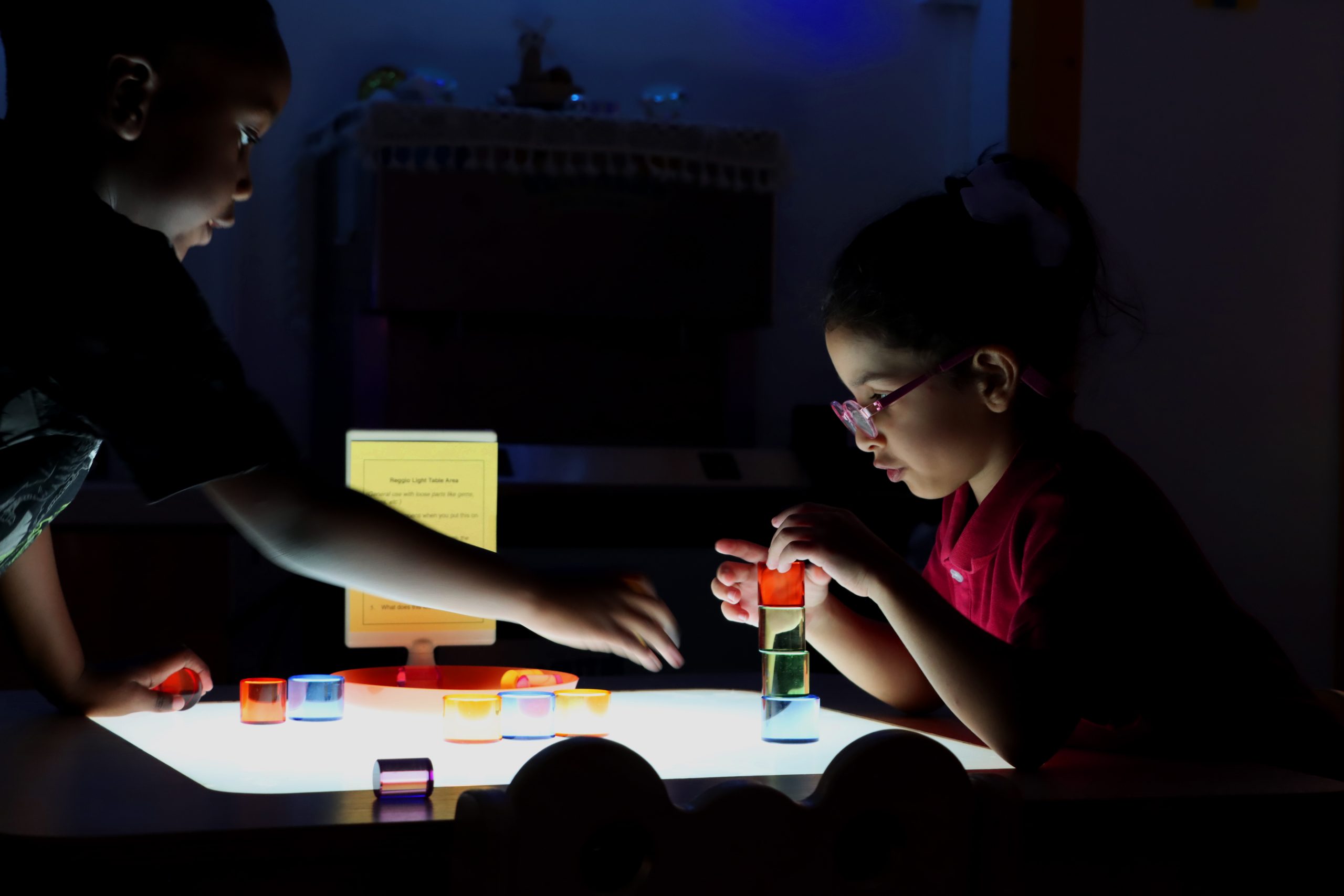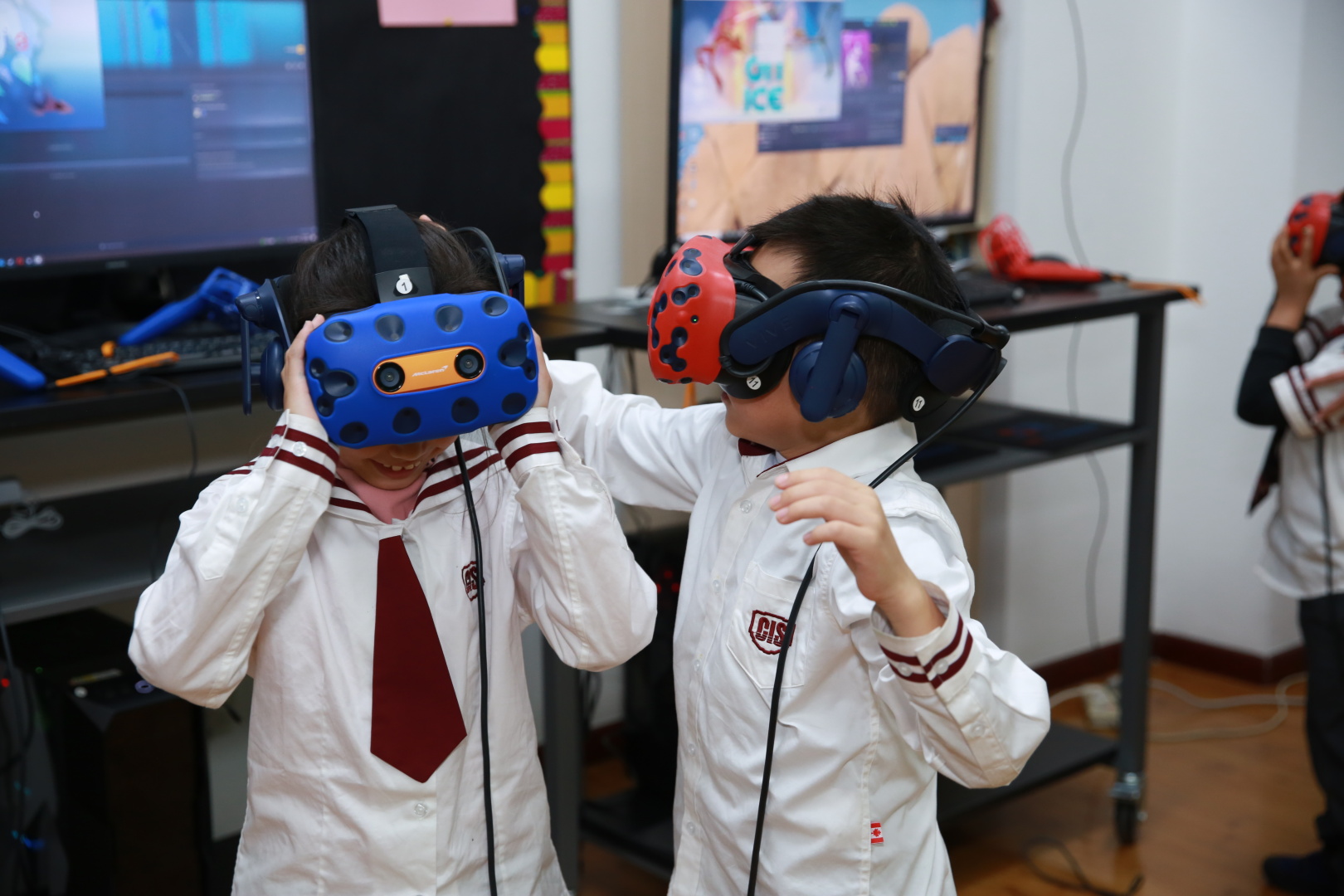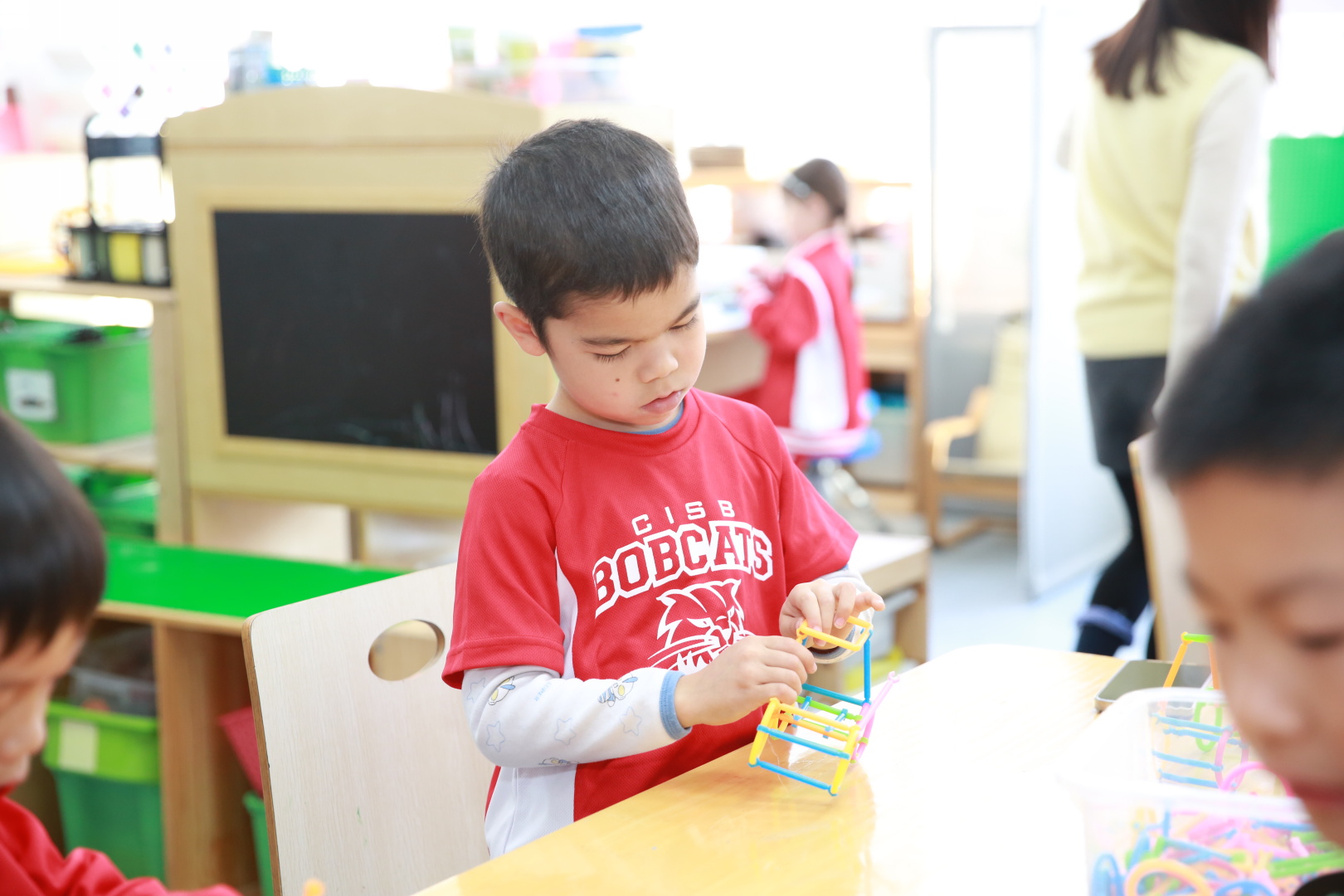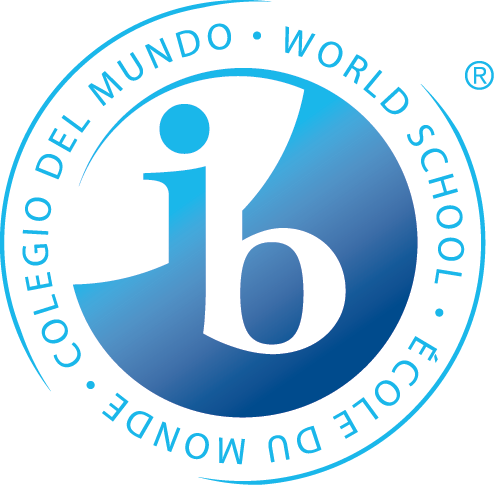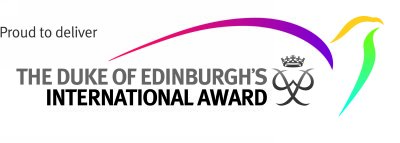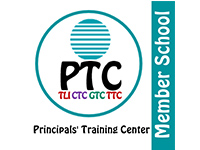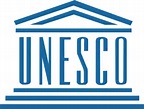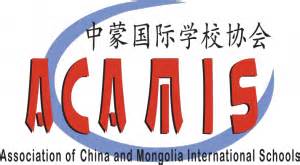At CISB, the Program of Inquiry (POI) is grounded in the essential subjects of Social Studies and Science. These subjects provide students with a framework to explore their surroundings, develop critical thinking skills, and engage in inquiry-based learning.
Alongside Social Studies and Science, we offer a comprehensive curriculum that includes English Language, Math, Mandarin Language, Visual Arts, Music, and Physical Education. Each of these subjects has its own dedicated curriculum, ensuring that students receive a well-rounded education.
The integration of these subject-based curricula into the POI is designed to create meaningful connections between disciplines. Subject teachers collaborate with homeroom teachers whenever there is an authentic connection for a unit, allowing for a more cohesive learning experience. This collaboration enhances students’ understanding and helps them apply their knowledge across various subjects.
Our commitment to an integrated curriculum prepares students to engage with the world in a thoughtful and informed manner, equipping them with the skills necessary for future success.
At CISB, our Primary Years Programme (PYP) is designed for children aged 6 to 12 years, providing a rich and engaging learning environment that nurtures curiosity, creativity, and critical thinking. Building on the foundational skills developed in Early Years, our PYP framework fosters a holistic approach to education, preparing students for academic success and personal growth.
Key Features of Our PYP Programme
